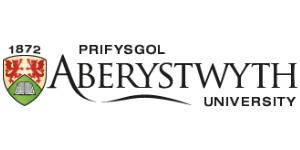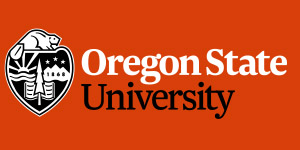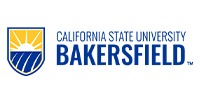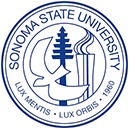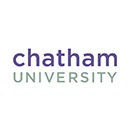Programme Type: Undergraduate
Course Overview
RIT’s physician assistant degree prepares you to elicit medical histories, conduct physical examinations, order laboratory and radiological testing, diagnose common illnesses, determine treatment, provide medical advice, counsel and educate patients, promote wellness and disease prevention, assist in surgery, and perform casting and suturing.
Physician assistant duties vary depending on the state and specialty in which they practice. In most states, including New York, physician assistants may prescribe medication. Examples of specialties include (but are not limited to): internal medicine, family medicine, emergency medicine, geriatrics, pediatrics, women’s health, behavioral health, general surgery, orthopedics, neurosurgery, and neonatology. Clinical rotations (internships) during students’ last year provide the opportunity to explore these varied disciplines.
Obtaining the skills and knowledge to practice as a physician assistant is a complex process. A carefully planned course of study has been developed to offer a balance of didactic and clinical knowledge. A significant component of the educational process is the socialization of the student to the character, performance, and role of a provider of medical care. The evaluation of the student’s adaptation to this role depends on the experienced judgment of individual faculty members. It is important to recognize that these subjective judgments may transcend or be independent of traditional paper and pencil tests and other similar objective measures of academic performance. Physician assistant education involves instruction from practicing clinicians with unpredictable schedules.
Goals
Medical Knowledge: Graduates will demonstrate core medical knowledge of established and evolving biomedical and clinical sciences and apply this knowledge to patient care.
Interpersonal and Communication Skills: Graduates will demonstrate interpersonal and communication skills that result in effective information exchange with patients, families, physicians, and other members of the healthcare team.
Patient Care: Graduates will provide effective, safe, high-quality, and equitable patient care in diverse settings and across the life span.
Professionalism: Graduates will practice with integrity, ethical and legal responsibility, and sensitivity to diverse patient populations.
Practice-based Learning and Improvement: Graduates will critically analyze their practice experiences with Evidence-Based Medicine (EBM) and quality assurance processes to improve patient care.
Entry Requirement
Admission Requirements:
The physician assistant program is highly competitive. The number of openings for all students is limited by accreditation standards.
In addition to the university’s general admission procedures, the physician assistant major requires the completion of a supplemental data packet, application, and a personal admission interview (by invitation). The program requires a personal interview prior to admission. Interviews are by invitation only. Not all applicants are extended an invitation and not all applicants who are invited to interview are accepted into the program. The interview performance is viewed as one of the most important aspects of your application to the program. Careful attention is given to ranking and interviewing freshman and transfer applicants in comparison to their peers. In addition, the program strongly encourages applicants to have participated in some degree of patient care experience and/or shadowing of physician assistants.
There are approximately 30-36 students enrolled in each class year of the program. Therefore, the number of openings for all students is limited and competitive. All prospective applicants must have a minimum cumulative GPA of 3.0 (on a 4.0 scale) to qualify for admission and must maintain a minimum GPA of 3.0 once enrolled in the program.
It also is important to note that the minimum grade point average for acceptance into the physician assistant major is 3.0 (on the basis of a 4.0 maximum) for both high school and transfer students. In order to graduate from the major, a GPA of 3.0 or better must be maintained.
Fees
Full-time Tuition (12-18 credit hours)
Per Semester: $26015
Per Year: $52030
Total Estimated Cost of Attendance
Per Semester: $34638
Per Year: $69276
Part-Time Tuition Fees
The charge per credit hour is $1760. Multiply the number of credit hours by this amount to calculate your total.
This information was accurate on : 08/04/2021
Please contact us for more information about this courses


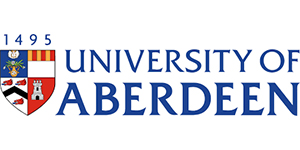
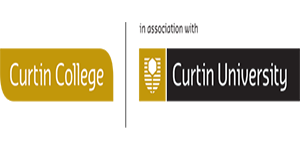
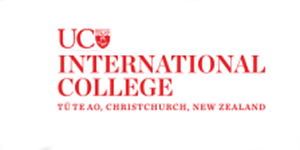

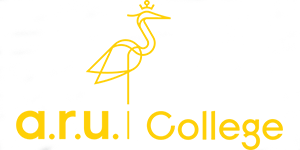




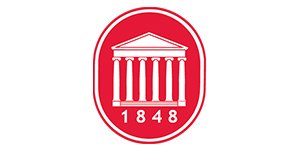
.jpg)

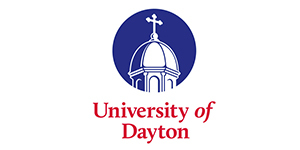
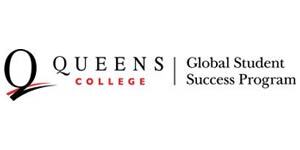
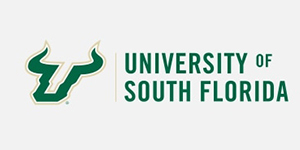
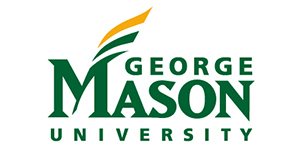

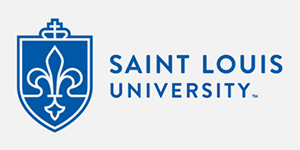


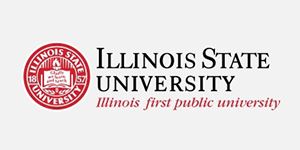
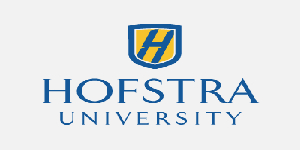
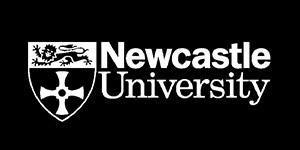


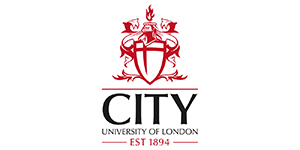


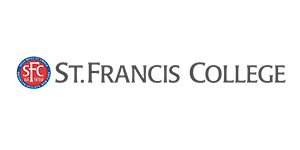




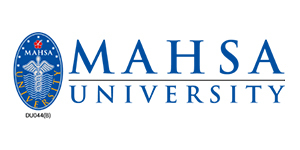


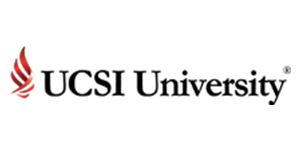
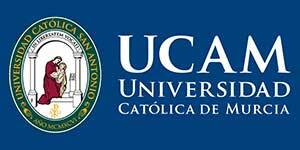

.jpg)

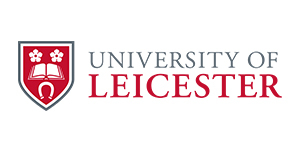


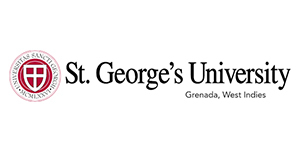




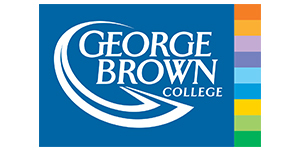
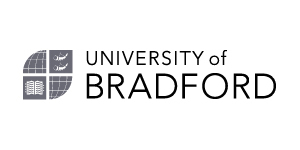



.jpg)
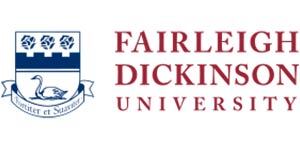


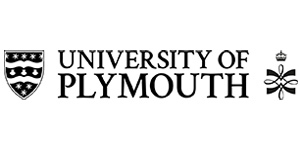

.jpg)


.jpg)
.jpg)
